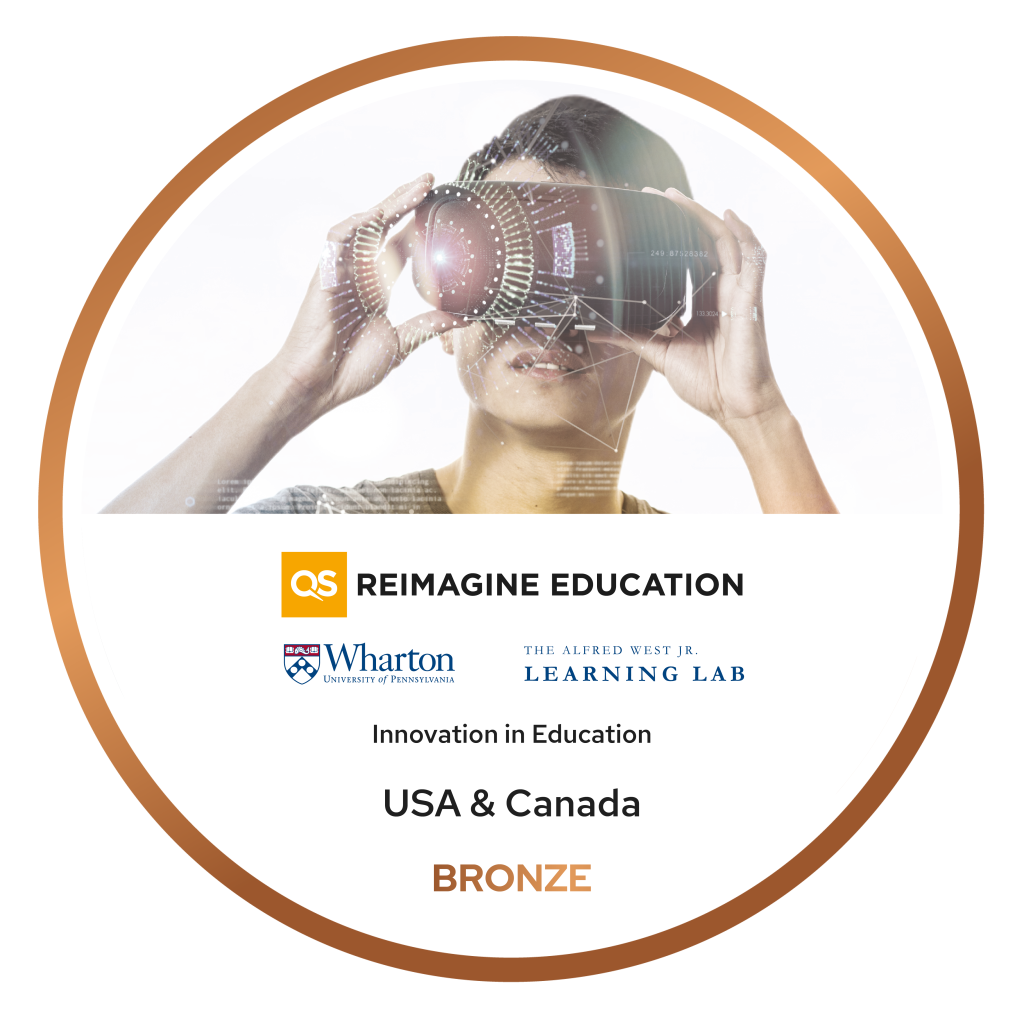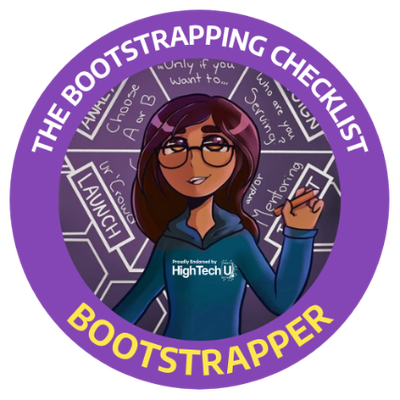
The nature and purpose of global education is changing dramatically and purposeful online communities that offer proper attribution for work completed are revolutionizing the way people exchange ideas, communicate, and learn.
Advances in blockchain technology offer an alternative economy based in attribution – the more a student participates in an online learning community and the more their attribution can be secured and assured via encryption and blockchain technology, the more their reputation will increase in the community, the more leverage they will have within that community and also outside of our broader capitalist economy, and thus the more incentive they will have to participate.
The decentralisation of education and learning is happening by mobilizing learning where students participate, to help solve some of the world’s deepest problems and facilitate commerce and income generation, with mentoring from teachers, professionals, academia and community members.
In its second phase after successful implementation in classroom settings, both in person and fully online, TBC 2.0 is scaling as an open student project commons, where students and mentors will have access to the commons to share projects, support their online portfolios and digital credentials, and gain actionable feedback in a peer-to-peer learning environment with collaboration and feedback as central deliverables.
In the 2020-21 school year, grade 7 online student participants received digital badges from HighTechU and mentoring from the African Coding Network. The collaboration within our virtual classroom mirrors at the micro-level the way the African Coding Network collaborates at the macro-level (using Github, Google Suite, Discord, and storytelling), thus the techniques, technology and competencies are globally scalable and increasingly accessible.
Physical borders have been transcended. Bricks-and-mortar schools might still need to exist, but they are now parts of emerging local and global learning ecosystems. Online peer-to-peer learning communities are where participants are able to develop their reputations, their skill sets and their competencies, receive actionable feedback for continuous improvement, which inevitably will lead to employability and a global culture of information abundance which will rival and hopefully compliment our aging global capitalist economies.
The key to active student participation is attribution, and attribution is ensured and incentivized in our online learningverse using the concepts of blockchain – in GitHub, student participants’ work is forever attributed to those who do the work, and this increases their reputation and thus learning. In our commons, students borrow from past students’ works, but their brand cards ensure attribution.
TBC 2.0 is a movement and a pedagogy that is anti-oppressive in design, with equity at its centre, that encourages empathy, story telling, data collection and sharing and collaboration between youth with or without the support of a teacher. From a pedagogical standpoint, it’s a paradigm shift of power to the student. So, with or without teachers, TBC 2.0 is a global online learning network – not a competition. It is a place for youth to collaborate and get feedback from their global peer community – to connect and improve their portfolios and gain credentials and learn.
TBC 2.0 is a proven social-entrepreneurship education program for students grade 6-12 serving the needs of some of our most vulnerable students. The promotion of online peer-to-peer learning gives students access to the collaboration and feedback that they need to grow portfolios, share, learn, and educate themselves. TBC 2.0 is located on GitHub and is meant to scale for students, by students – they write the code and administer the site with mentoring, to gain actionable feedback in a peer-to-peer learning environment with collaboration and feedback as central deliverables.
The imminent disruption of educational bureaucracies toward decentralized peer-to-peer online learning networks where attribution of student work will be ensured by blockchain, thus compelling competent participation of community members thereby attracting mentoring, investment, HigherEd and employers, in order to address present local/global systemic inequities and propel a global information [r]evolution, has already begun. TBC 2.0 is a step toward this [r]evolution as it puts the power to the students in a decentralized global learning network, unified by a five step workflow.
Special thank you to Andrew MacLean and Warwick Vlantis for your support! (I learned the term “Culture of Abundance” from Warwick).
https://bootstrappingchecklist.org/
Rich Baxter is founder, educator and advocate for social innovation, the arts, and entrepreneurial education. The Bootstrapping Checklist was Shortlisted in the Teaching Delivery Category and Showcased in December 2016 and again Shortlisted in the K12 in December 2020 at the Reimagine Education Awards. We won Bronze for the 2021 USA & Canada Regional Awards.

